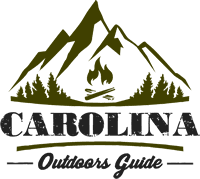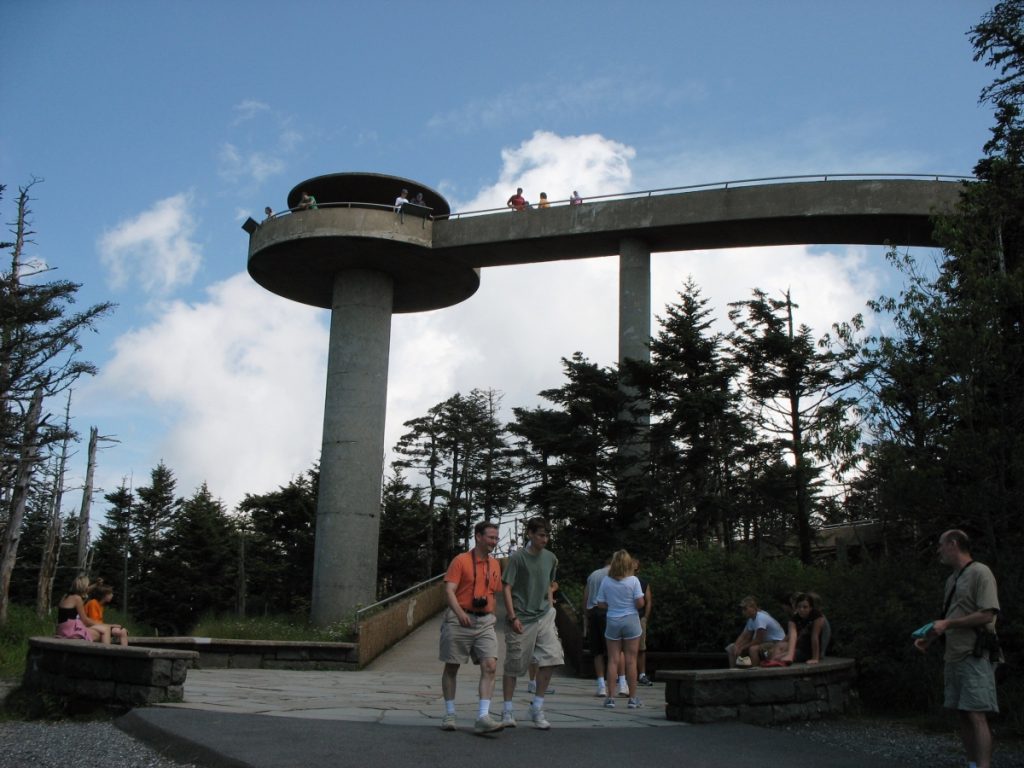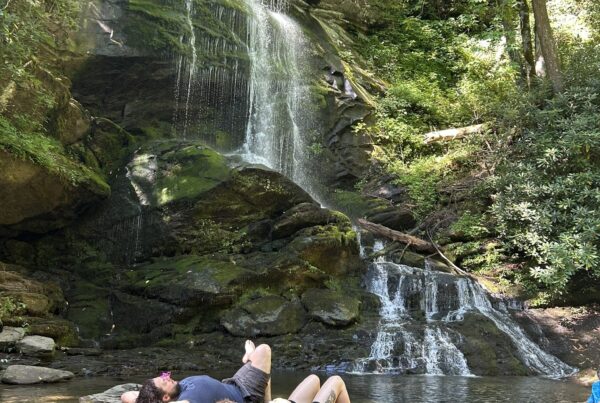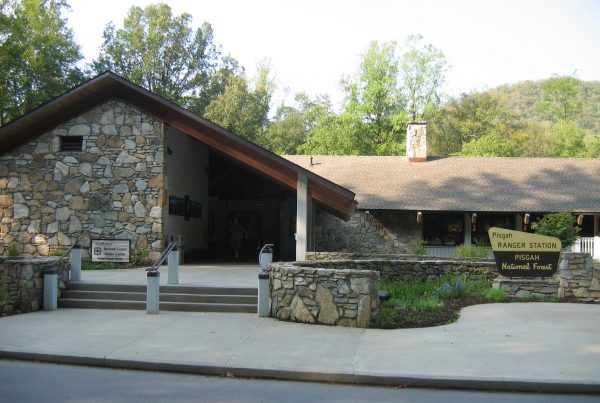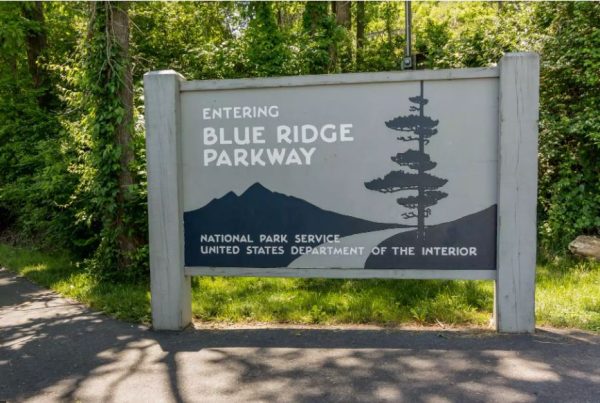Great Smoky Mountains National Park will require visitors to buy parking tags to spend time in the park after March 1, 2023, and will raise camping fees, the National Park Service said in a news release this week.
Parking fees will be $5 for a daily parking tag, $15 for up to seven days, and $40 for an annual parking tag. Parking tags will not be required for motorists who pass through the park or who stop for less than 15 minutes.
“If you want to come by the visitor center and use the bathroom, you don’t need a pass,” Park Superintendent Cassius Cash told the Associated Press. “We are trying to capture the costs of services used, not nickel-and-dime every vehicle. If you want to stop at an overlook and take a selfie with the beautiful scenery, you can still do that.”
But even with a pass, parking will continue to be available on a first-come, first-serve basis throughout the park, the news release says.
As for camping in Great Smokies, frontcountry family campsite fees will rise to $30 per night for primitive sites and $36 per night for sites with electrical hookups. Backcountry camping fees will be $8 per night, with a maximum of $40 per camper.
Though backcountry fees are doubling, these fees have not increased in 10 years while site use has risen to more than 100,000 camper-nights per year, the Park Service says.
Group camping, horse camping and picnic pavilion rental fees will primarily increase by between 20% and 30% depending on group size and location, the release says.
Rates for daily rental of the Appalachian Clubhouse and Spence Cabin in Elkmont will be $300 and $200, respectively.
Stops at Clingmans Dome, the highest point in the Great Smoky Mountains, will require purchase of a parking tag as of March 1, 2023. The popular site in Great Smoky Mountains National Park is a half-mile walk from the parking lot.
Higher Fees to Maintain
Great Smokies has Public Support
Money from the additional fees will remain in the park and go toward such needs as trail maintenance, custodial services, trash removal, increased law enforcement staffing across the park and maintaining the roads.
Great Smoky Mountains National Park is the country’s most visited national park year after year. It has seen a 57% increase in visitors over the past decade with a record 14.1 million visits in 2021. However, appropriations aren’t based on visitations and have remained relatively flat, Cash said. Further, a combination of deed restrictions and federal law prevent the park from charging an entrance fee.
The “Park it Forward” parking tag plan and camping fee proposal were initially announced in April, and the public was encouraged to formally submit comments. Responses were received from all 50 states and 85% expressed either strong support or included constructive ideas to improve the program. None of the responses voiced opposition to the fee itself.
The most prevalent comment regarding tag duration was support for an annual tag, the news release says.
Of the responses related to camping, 78% expressed support for backcountry fee increases and 82% expressed support for frontcountry fee increases.
Visit Our Sister Site
Carolina Music Festivals, a calendar and guide to music festivals in North Carolina.
